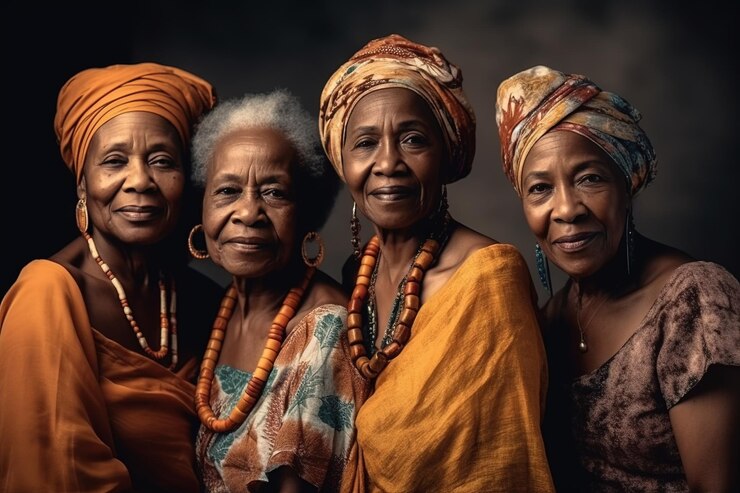South Africa is a country rich in diverse cultures, traditions, and heritage. These traditions hold immense value, not only for the individuals who practice them but also for the collective identity of the nation. In the context of motherhood, South African mothers have a unique role in preserving and passing down these cherished traditions to their children. This article explores the significance of South African traditions in motherhood and the importance of passing down cultural heritage from one generation to the next.
- Cultural Identity and Sense of Belonging
South African traditions in motherhood provide a strong foundation for cultural identity and a sense of belonging. By passing down customs, rituals, and practices, mothers ensure that their children understand their cultural roots and feel connected to their heritage. This connection fosters a deep sense of pride, self-identity, and belonging in the diverse tapestry of South African society.
- Strengthening Family Bonds
Traditional practices in motherhood often serve as a means to strengthen family bonds. Whether it’s storytelling, family rituals, or communal gatherings, South African traditions provide opportunities for mothers to foster a sense of unity and togetherness among family members. These shared experiences create lasting memories and a strong support system for children as they navigate the world.
- Values and Morality
South African traditions encapsulate the values and moral principles cherished by each culture. Mothers play a vital role in instilling these values in their children, ensuring that they grow up with a strong moral compass. Through the practice of traditions, mothers teach concepts such as respect, honesty, compassion, and gratitude, instilling a sense of integrity and social responsibility.
- Rites of Passage and Life Transitions
Traditions associated with rites of passage and life transitions hold special significance in South African culture. Mothers guide their children through these important milestones, such as birth, puberty, marriage, and death, following cultural practices and rituals. These traditions provide a framework for understanding life’s transitions, teaching children about their responsibilities, and fostering resilience and adaptability.
- Preservation of Indigenous Knowledge
South African traditions in motherhood contribute to the preservation of indigenous knowledge and wisdom. From herbal remedies to traditional parenting techniques, mothers pass down age-old practices that have been refined over generations. By preserving and sharing this knowledge, mothers ensure the continuity of cultural heritage and contribute to the collective wisdom of their communities.
- Celebration of Diversity
South Africa is renowned for its diversity, with a multitude of cultures coexisting harmoniously. South African mothers celebrate this diversity by exposing their children to various traditions, languages, and customs. Through embracing diversity, mothers teach their children the values of tolerance, respect, and appreciation for different cultures, fostering a society that values inclusivity and cultural exchange.
- Connection to Ancestral Roots
South African traditions in motherhood provide a profound connection to ancestral roots. By engaging in practices passed down from previous generations, mothers honor their ancestors and acknowledge their contributions to the family lineage. This connection instills a sense of heritage and allows children to appreciate the wisdom and experiences of their ancestors.
South African traditions in motherhood hold immense significance in preserving cultural heritage, strengthening family bonds, and shaping the identity of future generations. Through the practice and transmission of these traditions, South African mothers ensure the continuity of their cultural roots, foster a sense of belonging and pride, and instill important values and moral principles in their children. By embracing and passing down these traditions, mothers contribute to the rich tapestry of South African society and lay the foundation for a future generation that cherishes and celebrates its diverse cultural heritage.










